SMILE: At thE edgE of the warzone
Documentary 26 min
SMILE: At the edge of the warzone is a short documentary film from the hands of Dominik Dragos Pohludka in which you will go with him at the border of Ukraine and Poland, help, laugh and most importantly think about how war can not destroy humanity which is evident at every step. „In my documentary I capture the work of volunteers and smiles on people faces. Contrasts humanitarian disaster with human faith and the desire to help each other. Hope this war will end soon.“
Matt BloomOpposition to the bachelor's thesis:
As an English speaker, and with no knowledge of Czech, I'm obviously reading the translation, so many nuances may have been lost in translation.
However, from the text in front of me I can see that this is a fascinating study in how a new generation has rejected the apathy and helplessness of the youth of the last few decades, and can now use technology and art and humour and memes, created from their bedrooms, to feel empowered against growing external real-world threats.
Although the themes in this thesis may be extremely wide ranging from god to artificial intelligence, and may lack an academic's focus, its ambition is extremely admirable.
There's also a naive but very likeable attempt to mix first-person documentary and travel with social narrative. It reminded me of the British documentarian Louis Theroux, who uses humour and a warm and personal approach to tell complex and often dark stories about society. Like Theroux, this thesis could be accused of narcissism, but I'd counter that by arguing how else are we meant to process the world and deliver it to others via art if not through the lens of the artist's own eyes and personal experiences?
Overall, I found this superb thesis to be an excellent display of the clear and bright personality of the author. There's clearly a talented and curious mind at work here. Even though this might not be a piece of traditional academia, with a formal conclusion, it's all the better for the fact that it demonstrates a young mind with more questions and curiosity than rigid answers and conclusions.
